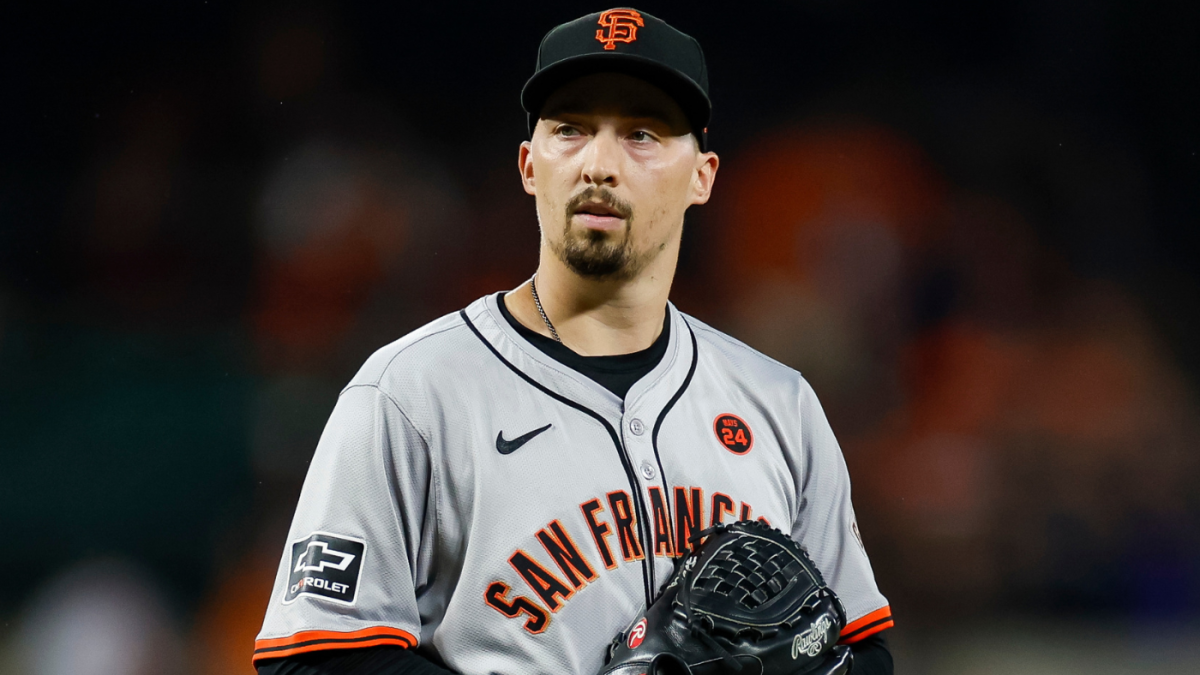Bussiness
Google’s share of the search ad market could drop below 50% for the first time in a decade as AI search engines boom
- Google is facing new competition in the advertising market as AI transforms the industry.
- Google’s search ad market share in the US could fall below 50% for the first time in a decade.
- Perplexity AI, meanwhile, says it is attracting “top-tier” advertisers.
Google is facing a challenge to its decadeslong dominance of the internet’s advertising market as AI, the new kid on the block, changes everything.
Projections by eMarketer — a digital marketing research company owned by Business Insider parent company Axel Springer — say that Google’s share of the US search advertising market could drop below 50% next year for the first time in more than a decade.
Long dominant, Google has begun to slip in other significant ways too. A recent study found that younger generations, like Gen Z and Gen Alpha, are no longer using the word “Google” as a verb. Young internet users are now “searching” instead of “Googling,” Mark Shmulik, an analyst at Bernstein Research, said in a note to investors last month.
This shift is due in part to the rise of AI tools like OpenAI’s ChatGPT and Perplexity AI, which use large language models trained on massive amounts of data to answer user questions in natural language. ChatGPT set the record for the fast-growing user base for a consumer application soon after it first launched in late 2022.
Never to be outdone, Google has raced to catch up. It launched Gemini, its own large language model that now presents Google search results in natural language at the top of the page, in March 2023. Google has since rolled out a series of other generative AI tools and enhancements to its search engine.
Google is also leveraging AI to better present ads in its search results. It demonstrated an example earlier this month, showing how Tide products are now advertised below a search query for “how do I get grass stains out of jeans?”
“We’re confident in this approach to monetizing our AI-powered experiences,” Brendon Kraham, a Google vice president overseeing the search ads business, told The Wall Street Journal. “We’ve been here before navigating these kinds of changes.”
While Google is still the most used search engine by a long shot, its competitors are nipping at its heels. The Perplexity AI search engine says it processed 340 million queries in September and has several “household, top-tier” companies looking to advertise on the platform, chief business officer Dmitry Shevelenko said, according to the Journal.
Perplexity is valued at over $1 billion and has received funding from Jeff Bezos and Nvidia. It has also faced backlash, however, for not sourcing copyrighted material used in its results. Forbes accused the company in June of ripping off its content without attribution after the platform shared details of an investigative article on its new “Perplexity Pages” feature.
On Perplexity, search queries are followed by questions that engage the user in a conversation. Perplexity says it will allow sponsors to advertise on those follow-up questions in the future.
In a presentation to advertisers, Perplexity said answers to the sponsored questions would be approved ahead of time by advertisers “and can be locked, giving you comfort in how your brand will be portrayed in an answer,” The Journal reported.
“What we’re opening up is the ability for a brand to spark or inspire somebody to ask a question about them,” Shevelenko said.
Google and Perplexity AI did not immediately return requests for comment for this story.










